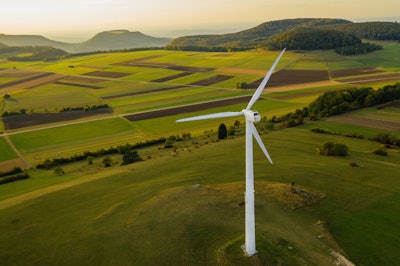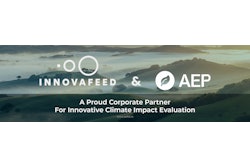
Canadian poultry and food producer, Maple Leaf Foods, announced its 2024 Integrated Report, revealing its economic as well as environmental, social and governance progress for the year.
“2024 was a year of meaningful financial and strategic progress for Maple Leaf Foods,” said Curtis Frank, president and chief executive officer, Maple Leaf Foods. “Fueled by the strength of our leading brands, the resilience of our growth strategies and the financial benefits flowing from our large-scale capital investments, we exited the year with strong momentum on our journey to transform Maple Leaf Foods into a purpose driven, protein-focused, brand-led, consumer packaged goods powerhouse.”
Emissions reduction
As the world’s first major carbon neutral food company, Maple Leaf is consistent in reducing its carbon emissions. In 2024, the company reduced its scope 1 and 2 emissions by 5.1% compared to its 2018 baseline – 284,907 metric tons of carbon dioxide equivalent (tCO2e) in 2018 vs. 270,392 tCO2e in 2024.
Scope 3 emissions have also decreased from 2,649,514 tCO2e in 2018 to 2,263,234 tCO2e in 2024 – a 15.6% reduction.
Maple Leaf achieved this reduction through reducing existing greenhouse gas (GHG) emissions and purchasing carbon credits to offset those that are unavoidable. According to the report, some of the company’s reduction initiatives include:
- Reducing external beef purchases,
- Decreasing emissions from third-party contracted hogs and external hog purchases, and
- Decommissioning legacy plants.
For those unavoidable emissions, Maple Leaf has offset 100% of the remaining scope 1 and 2 emissions and 5.2% of scope 3. Offset projects that the company has contributed to include wind farms, composting and methane capture.
Regenerative agriculture
The producer is also moving forward with its regenerative agriculture practices. By partnering with crop input provider, Nutrien, Maple Leaf has increased its land that uses regenerative agriculture from 19,000 acres to more than 250,000 acres over the past four years.
For example, one initiative, the Lake Winnipeg Basin Water Stewardship Project, directed four farms with 30,000 acres in total to institute water stewardship practices.















